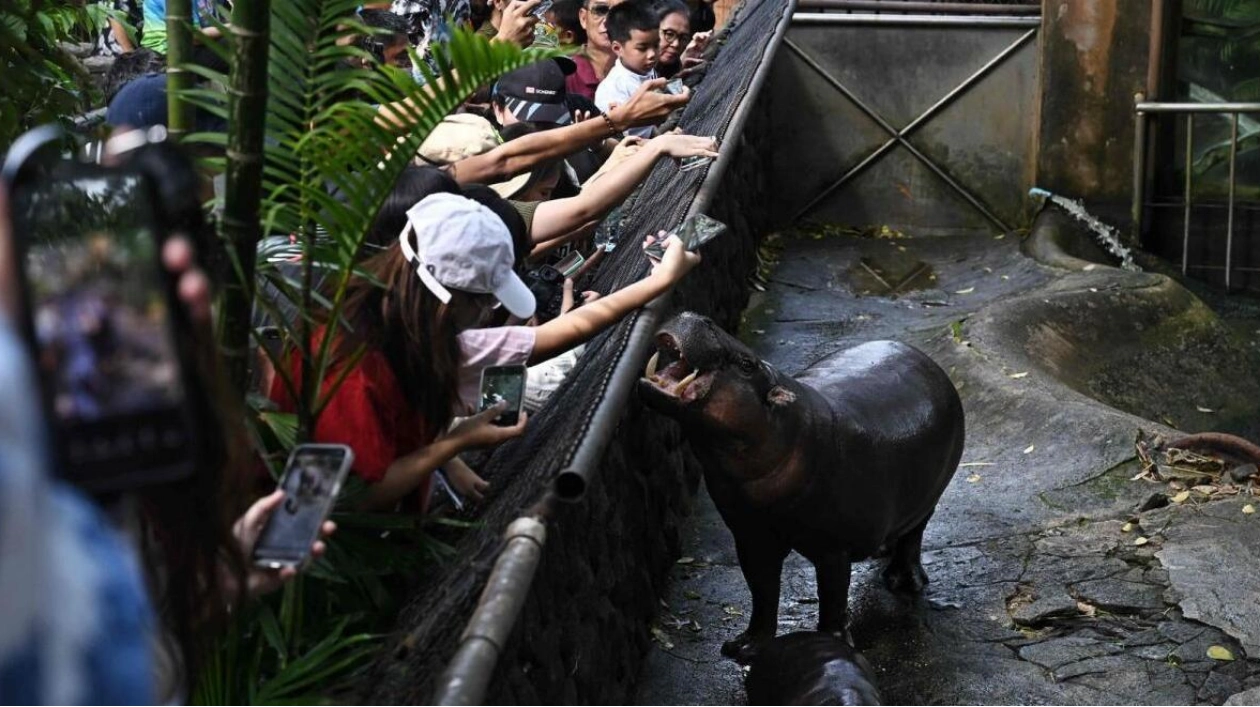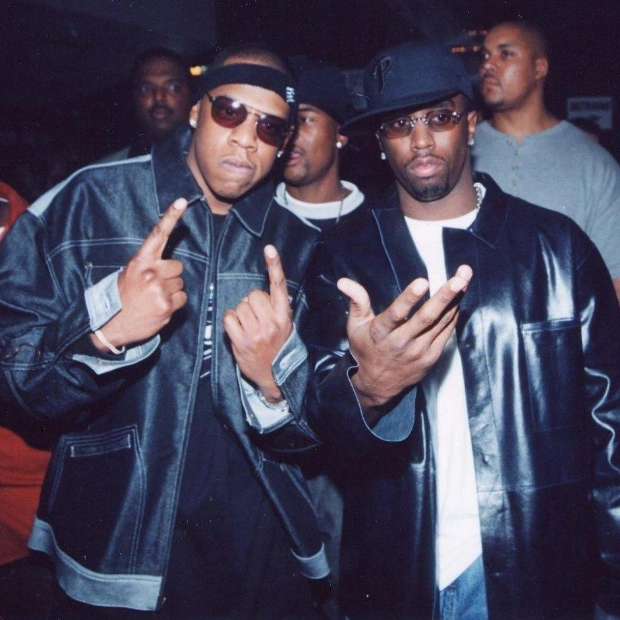In the morning, the sunlight reflects off her smooth skin, and Moo Deng, the pygmy hippo, settles on the ground in her enclosure, appearing unperturbed by her sudden rise to social media fame. The two-month-old, small-sized animal gained viral attention this week after her caretakers shared videos of her on TikTok and Instagram from her home at a zoo in Chon Buri, Thailand. Her playful antics and charming expressions have garnered millions of views and attracted thousands of visitors eager to see her in person.
Moo Deng has inadvertently become a symbol for the endangered pygmy hippo. Despite her newfound fame, she remains close to her mother, sharing meals of carrots, bananas, corn, and runner beans. Native to West Africa, the pygmy hippo is threatened by human activities such as logging, mining, and poaching. According to the International Union for Conservation of Nature, there are only 2,000 to 2,500 pygmy hippos left in the world. Hundreds of visitors lined up at the zoo for a five-minute glimpse of the enclosure. One group mentioned they woke up at 5am to drive two hours from Bangkok just to see the celebrity.
A visitor expressed hope that more Thais would visit and share Moo Deng online to attract even more people. Atthapon Nundee, 31, Moo Deng's caretaker and social media manager, noted that the surge in popularity of short-form videos has significantly boosted the pygmy hippo's fame and could benefit biodiversity preservation. 'With more images of pygmy hippos online, more people have fallen in love with them. They are poached in the wild, so with more people caring about them, it might prevent their poaching,' he told AFP.
A 2022 study by the Royal Society of Canada's Academy of Science indicates that social media can have both positive and negative impacts on wildlife conservation. While public attention can raise awareness about endangered species, it can also increase the risk of exploitation as more people seek to interact with them. The zoo's management reports that the additional revenue from the surge in visitor numbers—nearly double over the weekend—will be used to enhance the pygmy hippo enclosure and the zoo's public awareness campaigns. The zoo also plans to release a line of Moo Deng merchandise next month.
Pygmy hippos are not native to Thailand, but 'zoos have a duty to lead in wildlife conservation outside natural habitats,' according to zoo director Narongwit 'Wit' Chodchoy, 52. 'It's our mission to perpetuate the species for as long as possible,' he told AFP.






